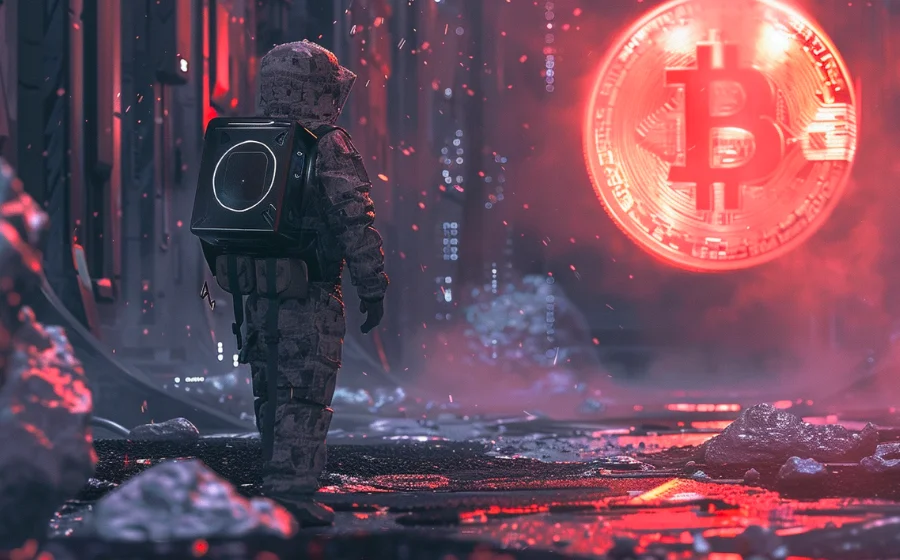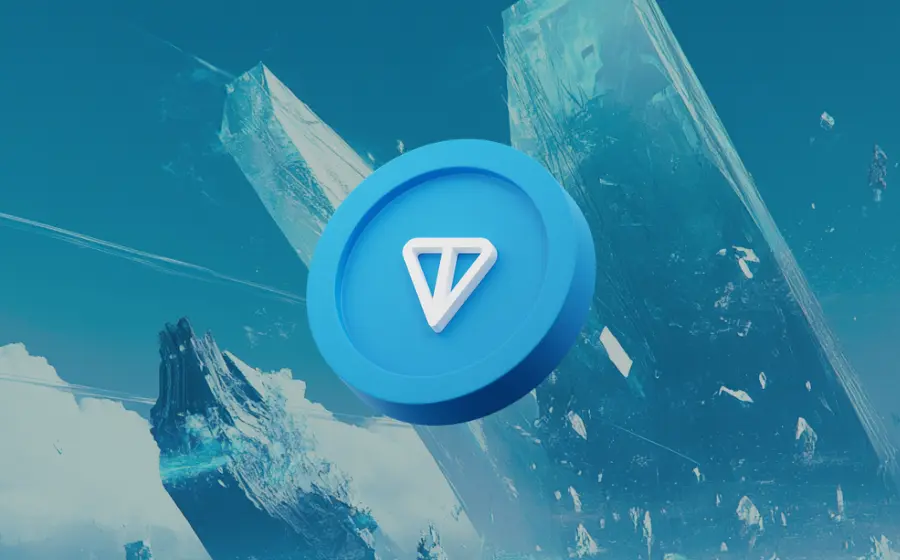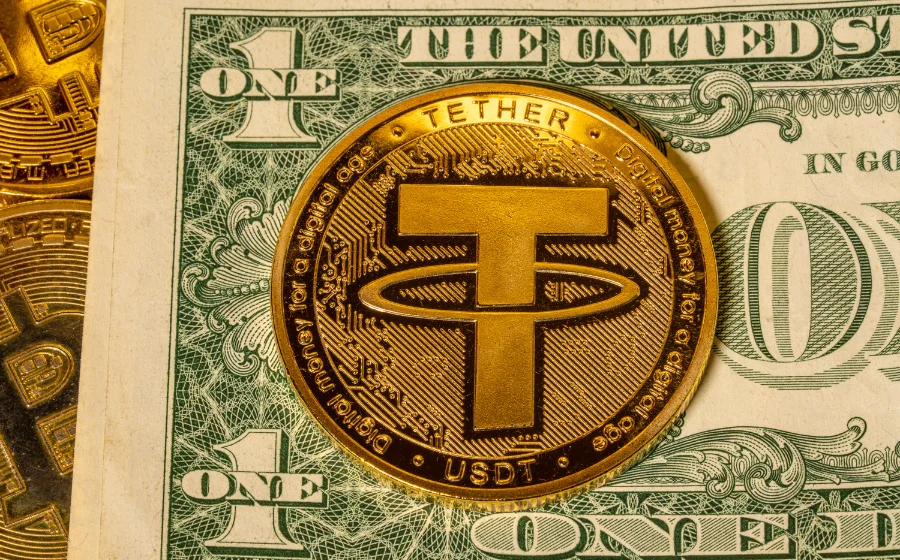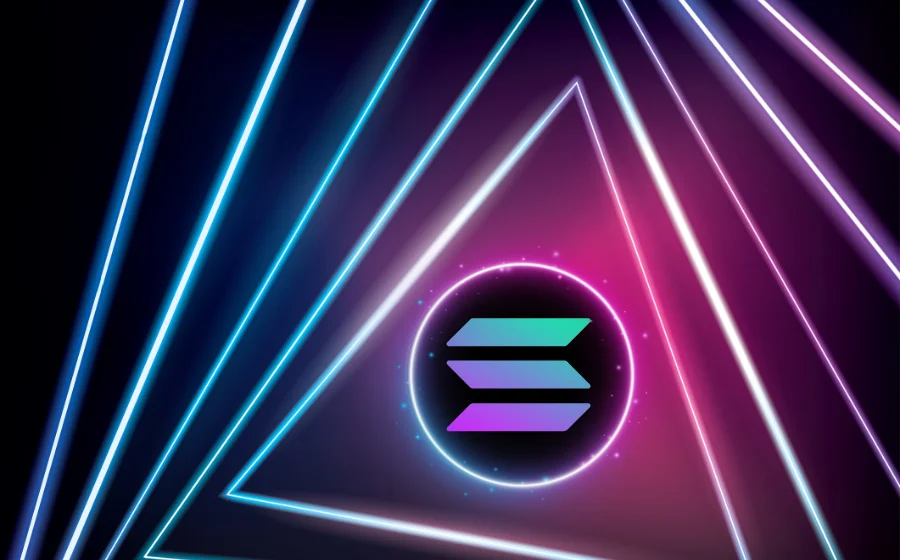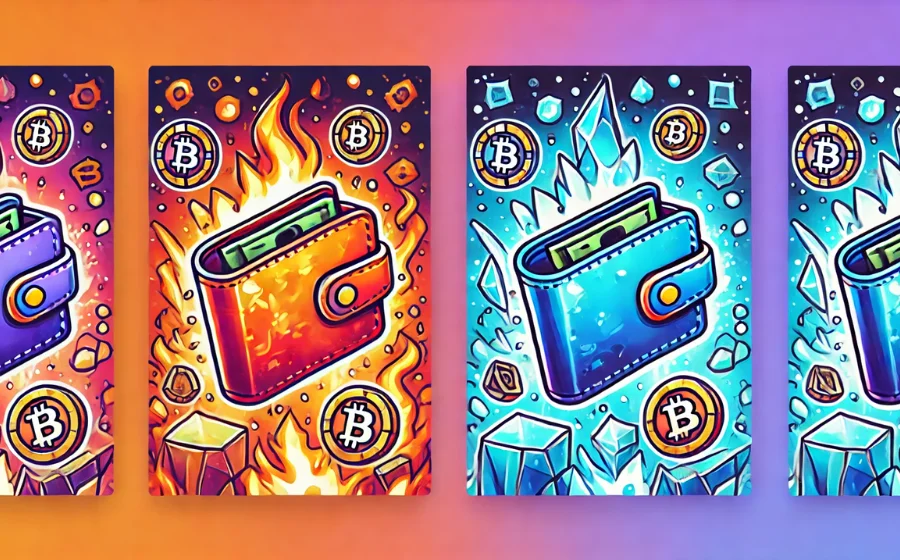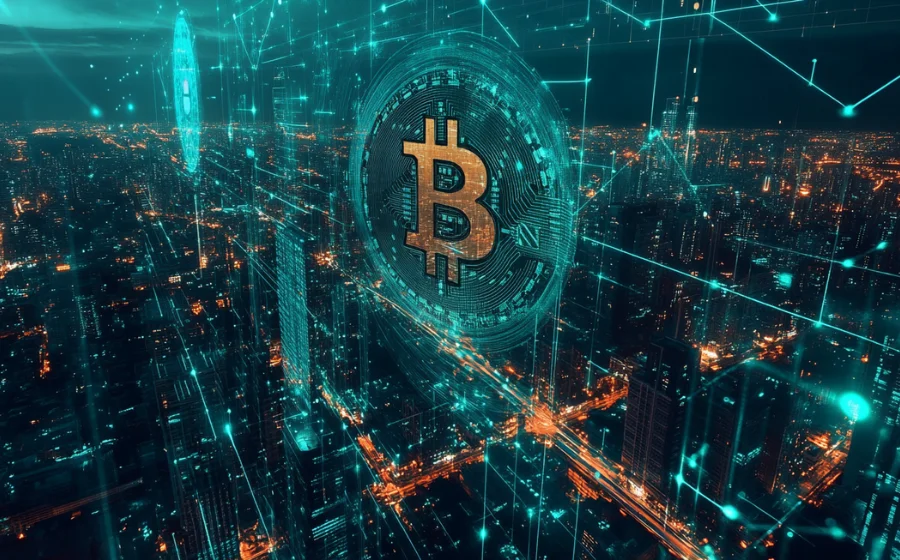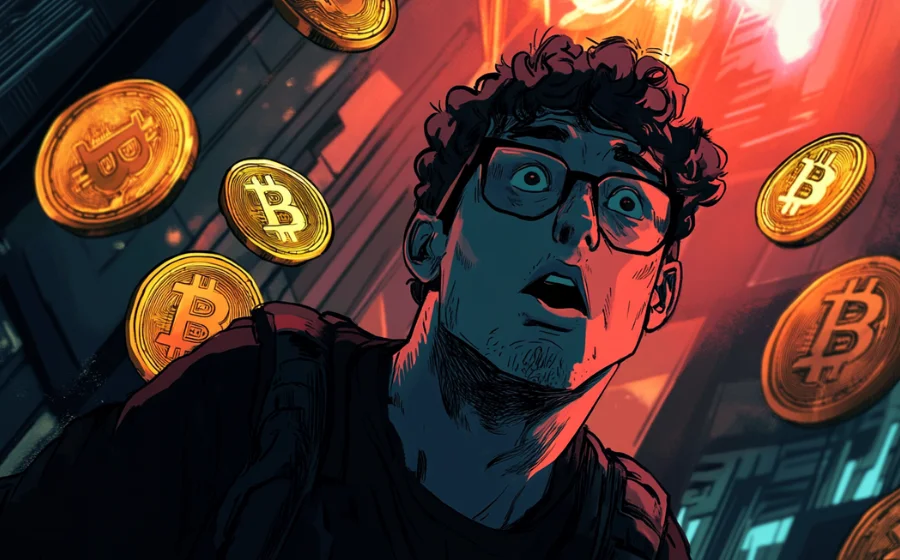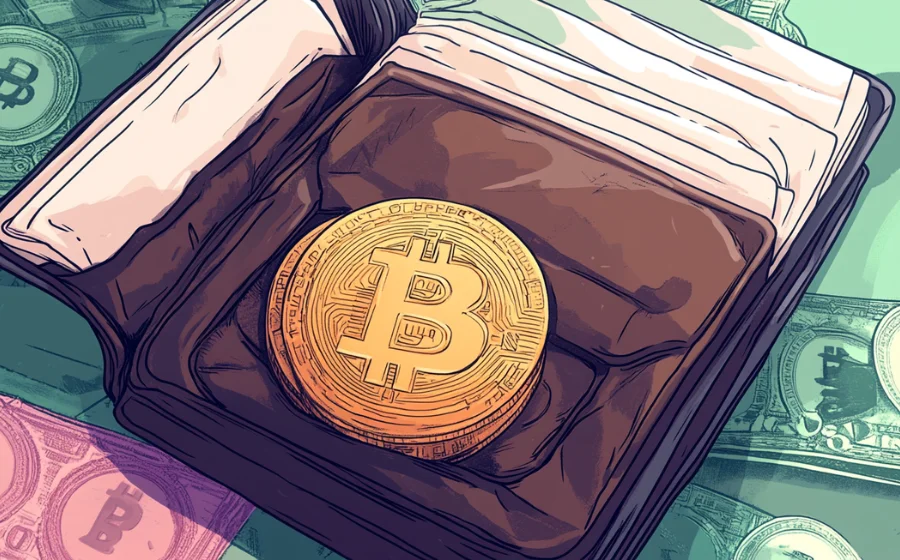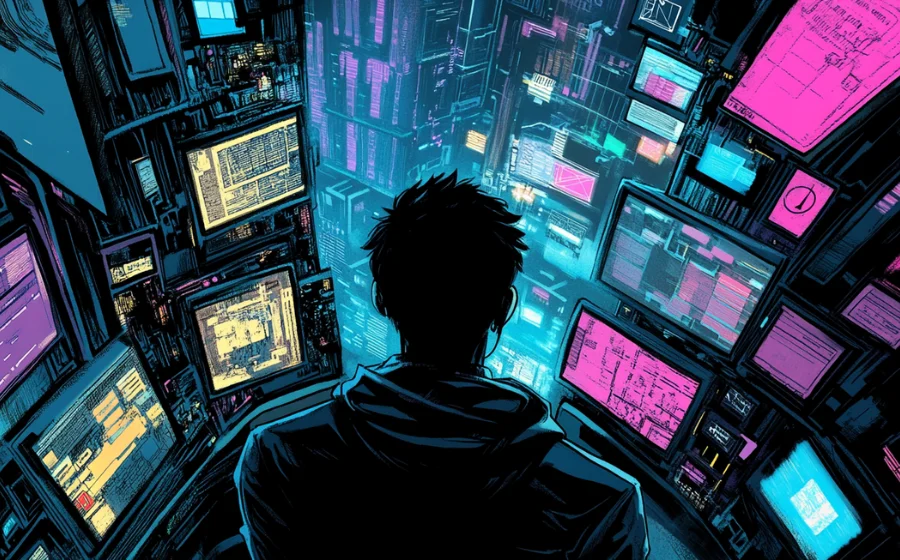
KEYTAKEAWAYS
- DAOs allow members to collectively manage and vote on decisions, promoting decentralized governance.
- The transparency of DAOs encourages ethical actions and builds trust among participants.
- DAOs face legal and human challenges, yet offer a path toward inclusive, efficient organizational models.

CONTENT
A DAO is a decentralized organization that operates through smart contracts, enabling community-driven decision-making without central management. Discover its structure, benefits, and future potential.
WHAT IS DAO?
A DAO (Decentralized Autonomous Organization) is a decentralized organization managed through smart contracts without the need for traditional centralized management or intermediaries. Its key features can be summarized as follows:
- Decentralized: A DAO operates without a central authority or intermediary control, relying instead on smart contracts on the blockchain, allowing participants to manage and make decisions collectively.
- Autonomous: DAOs have a flat organizational structure where anyone holding governance tokens can propose and vote on decisions, shaping the organization’s future.
- Organization: A DAO can function as a community, brand, group, or even a company (sometimes called a DAC), but “DAO” remains the most common term.
In summary, a DAO is a decentralized organization that operates autonomously through smart contracts. It enables participants to manage it democratically, transparently, and collaboratively, working toward shared goals and interests.
>>> More to read : What is Blockchain and How Does It Work?
HOW DOES A DAO WORK?
Imagine a community DAO — a decentralized organization formed by neighborhood residents, aimed at improving public facilities and services. Here’s how it functions:
- Ownership and Participation
Each resident can own DAO tokens, representing their stake and participation rights in the community. The DAO’s smart contracts establish the decision-making and voting mechanisms that each resident can use.
- Proposal and Voting Process
When the community wants to upgrade a park, repair roads, or organize events, residents vote on how to allocate funds and approve plans. For example:
- A resident submits a proposal detailing their plan and budget.
- Other residents vote on whether to support the proposal.
- If the proposal gains sufficient support, funds are automatically allocated from the DAO’s treasury to the person or team responsible for the project.
- Decentralized Decision-Making
This system allows residents to actively participate in and influence community matters directly, without relying on government bodies or centralized authorities.
A community DAO powered by smart contracts enables decentralized decision-making and direct resident participation in managing community affairs. Through DAO tokens, residents can take part in voting and decisions that support community growth and engagement.
(※Note※ This example is simplified to illustrate the basic DAO functionality. In practice, DAOs may include more complex rules, but the core concept remains empowering members to participate in and manage community matters in a democratic, autonomous way.)
>>> More to read : What is a Smart Contract?
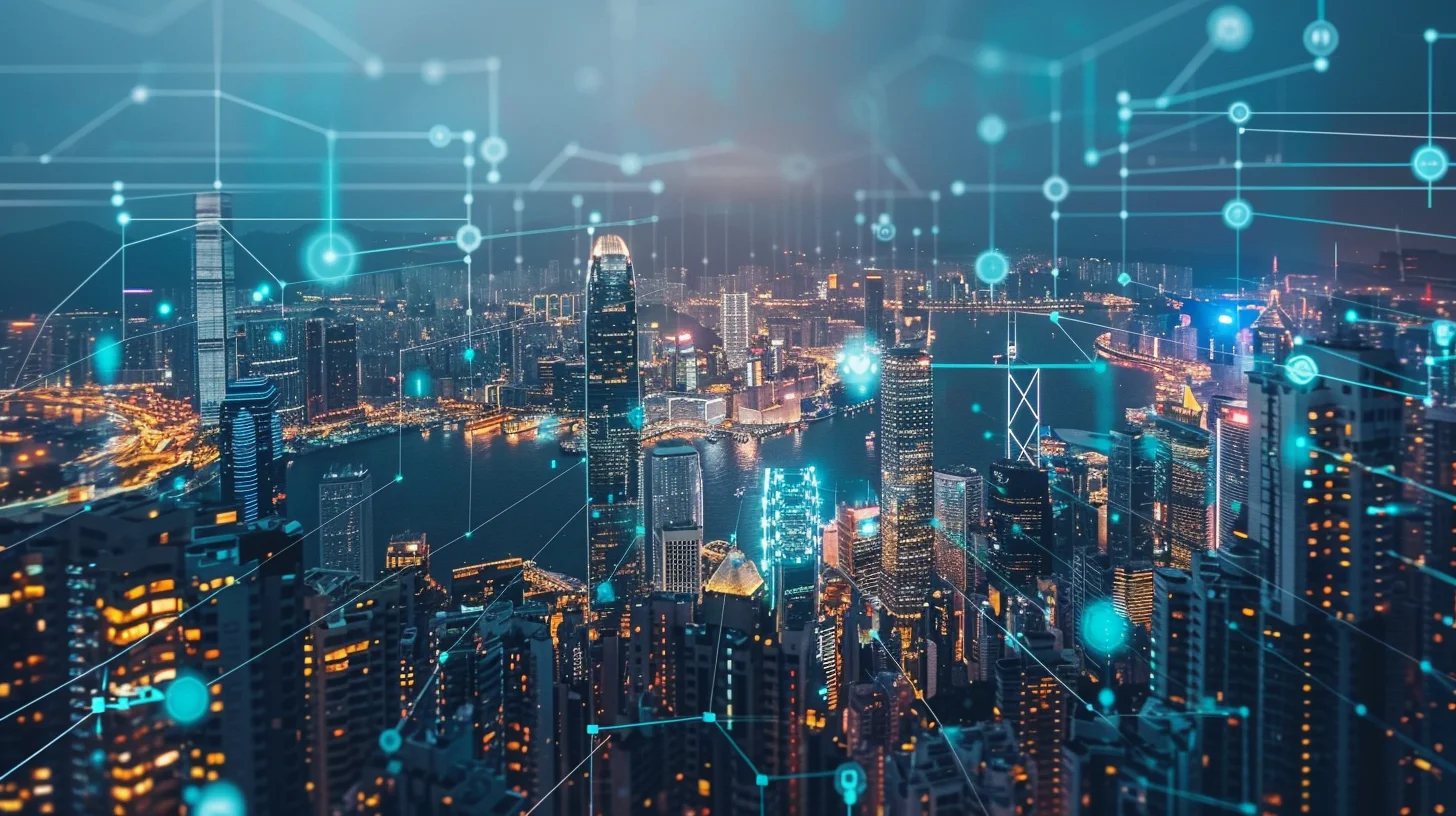
DAO PROS AND CONS
-
Advantages of a DAO
1. Decentralization
Decisions in a DAO aren’t made by a central authority but rather by the collective participation of community members, where everyone has the right to voice opinions and vote. This structure prevents decision-making power from being concentrated among a few individuals, allowing more members to participate and influence outcomes.
2. Transparency
In a DAO, all voting is conducted on the blockchain, making the results visible to everyone. This transparency encourages actions that benefit the community and helps prevent behavior that could harm it.
3. Community Connection
The concept of a DAO encourages people worldwide to unite and work toward a shared goal. With an internet connection, token holders can interact and connect with other members, fostering a sense of community and belonging.
-
Disadvantages of a DAO
1. Low Efficiency
Since every member of a DAO has voting rights, time is needed to coordinate various opinions and consider factors like time zones and proposal prioritization. Even minor decisions can take days or weeks to finalize. DAOs may often spend more time discussing changes than implementing them, resulting in lower time efficiency.
2. High Educational Barrier
DAO members come from diverse backgrounds and regions, often with varying languages and educational levels, which can lead to communication challenges. DAOs need effective methods to guide and educate members so they can understand proposals and decisions, ensuring everyone can participate meaningfully.
3. Security Risks
All blockchain-based organizations face security issues. Setting up and maintaining a DAO requires technical expertise, particularly in the deployment of smart contracts. Without this knowledge, the validity of votes and the accuracy of decisions may be questioned, and the organization’s funds could be at risk.
>>> More to read : What is a Layer in Blockchain?
DAO CHALLENGES & FUTURE
The two major challenges DAOs face are legal issues and human nature.
1. Legal Challenges
The legal and regulatory frameworks for DAOs are still underdeveloped. Given their decentralized and autonomous nature, traditional legal systems struggle to adapt to DAO operations, creating legal risks and uncertainties.
These challenges include issues around money laundering, tax compliance, intellectual property rights, and more.
2. Human Nature Challenges
DAOs aim for an ideal of absolute democratic fairness, which inherently brings challenges rooted in human nature. Members are likely to prioritize personal interests over the long-term goals of the organization during voting.
This can lead to conflicts, power struggles, and individual motivations affecting decisions. Different stakeholders may have varying opinions and objectives, and these conflicts could impact the DAO’s operational efficiency and the sustainability of its decisions.
-
The Future Development of DAOs
Despite the challenges, DAOs have laid the groundwork for more equitable and democratic organizational structures.
In the long-term, DAOs are expected to drive business transformation and redefine organizational forms. By enabling organizations to break free from dependence on traditional institutions, DAOs may lead to a unique model that operates beyond the boundaries of nation-states, markets, and corporations.
This structure promises more efficient operations and value exchange. We can look forward to a future where DAOs have a positive impact on society, paving the way for a more inclusive and diverse future.
>>> More to read : 0+ Best Crypto to Buy Before 2025
